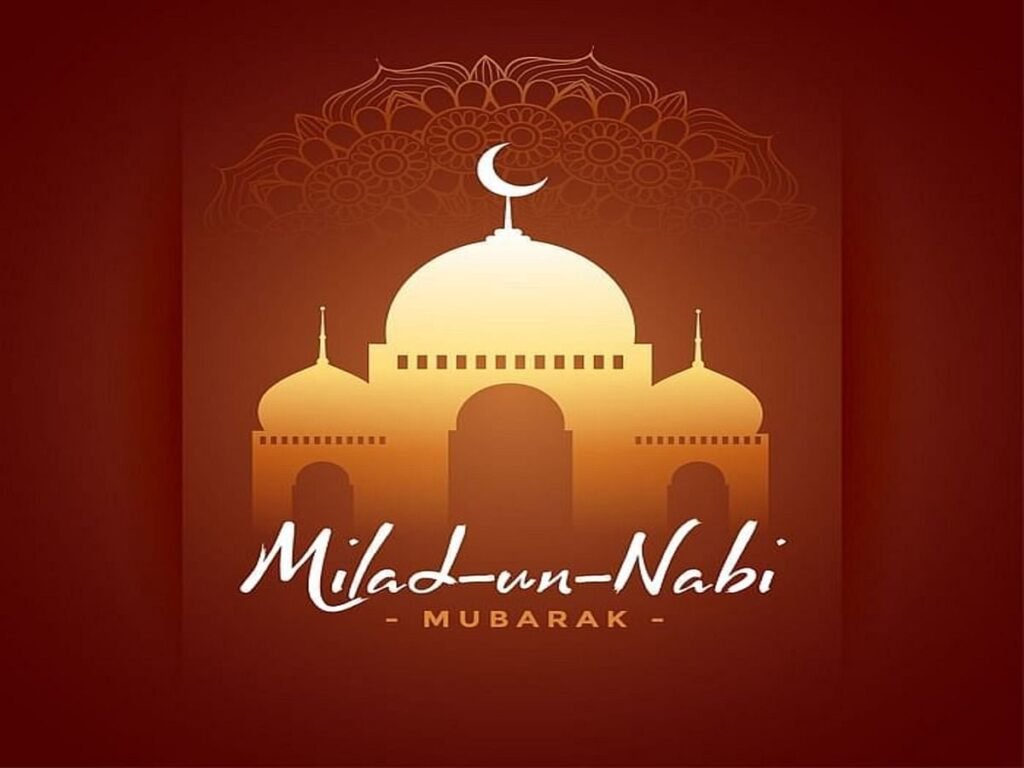Eid Milad-un-Nabi 2024: Milad-un-Nabi or Eid-e-Milad is observed on the occasion of the birthday of the Prophet of Islam, Hazrat Mohammad Saheb. Many Muslims from the Sufi or the Barelvi school of thought observe this festival. It is also known as Un-Nabi, Nabi day, Prophet’s birthday, or Mohammad’s birthday. This festival was first celebrated as an official festival in Egypt. During the 11th century, the celebrations of Eid Milad-un-Nabi became more popular
Eid Milad-un-Nabi 2024: Date
According to the Gregorian calendar, Eid Milad-Un-Nabi 2024 will begin on the evening of 18th October 2024 and will end on the evening of 19th October 2024.
About Prophet Muhammad
Prophet Muhammad is believed to have been born on the 12th of 573 AD, Rabi al-Awwal, which is the third month of Islam. Eid-e-Milad is also mourned by some because it is also believed to be the Prophet’s death anniversary. The Prophet Hazrat Mohammad’s full name was Mohammad ibn Abdullah ibn Abdul Muttalib. He was born in Mecca city. It is believed that he attained enlightenment in 610 AD in the cave named Heera near Mecca. Later that, he preached the teachings of the Quran, which is the holy book of the Islam religion.
Islam followers celebrate the Eid Milad-un-Nabi festival. However, Sunnis and Shias have different views about this festival.
Eid Milad-un-Nabi: Celebartion
It is believed that Shia Muslims Milad-un-Nabi on the 17th of the Islamic month of Rabi al-Awwal, and Sunni Muslims observe this festival on the 12th of Rabi al-Awwal.
People wear green ribbons or green items of clothing, carry green banners or flags on this day. The green color is the symbol of Islam and paradise. People also conduct activities like parades, marches, and night-long prayer meetings. Communal meals are also offered in mosques and other community buildings.
Even though Eid-e-Milad is widely celebrated in India and other countries, many sections of the Muslim community believe that the Prophet’s birthday celebrations have no place in Islamic culture. Muslims from Wahhabi and Salafi schools of thought do not mark the tradition of festivities.


